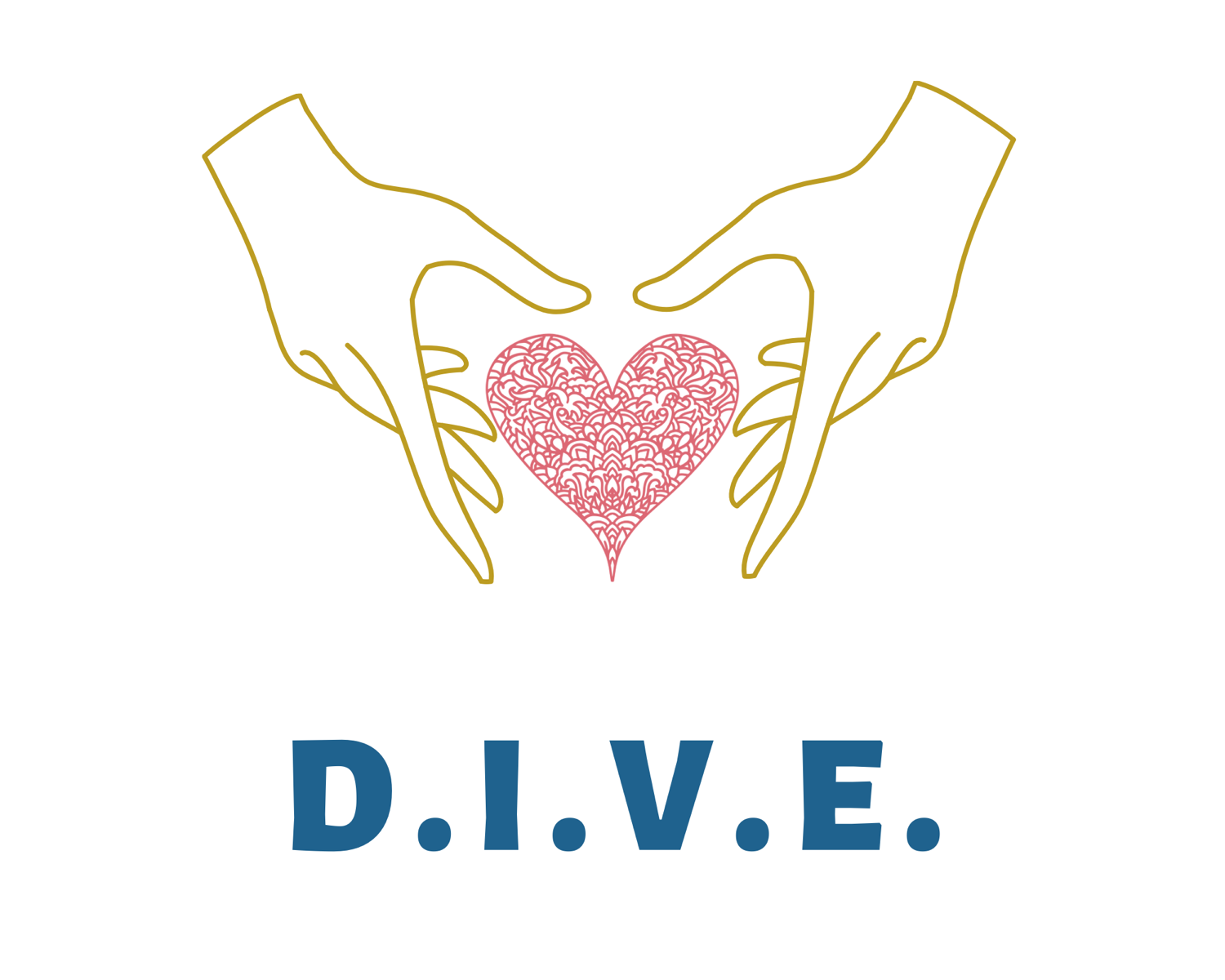Death, freedom, responsibility, and the meaning of life: Going through the 'existential crisis’
- arissabrunelli

- Jun 10, 2021
- 3 min read
Updated: Sep 24, 2024

Have you reached a significant milestone, or are you currently going through a life transition or adjusting from a significant life event? Has this got you thinking about whether your life has meaning, purpose or value?
Whilst not necessarily tied to depression or anxiety per se, an existential crisis can often feel this way, and may be triggered by significant life events such as psychological trauma, marriage, separation, major loss, death of a loved one, a life-threatening experience, psychoactive drug use, children leaving home, reaching a personally significant age, and so on.
“What is the meaning of life?” … Beyond the house I own, the car I drive, the clothes I wear, this human body I inhabit, my mindset and ego, my job or career, my sickness or disease diagnosis, my trauma, my Instagram handle name and hashtags, the role I am as partner, parent, politician, friend or foe etc….Who Am I?
We are all at some point inevitably confronted with different levels of experience and existence, which can provoke introspection about personal mortality. These introspective questions about one’s purpose and the meaning of life may elicit uncomfortable feelings ranging from dread, feeling lost, worried or panicky, depressed mood, confusion, and everything in between.
You may feel very caught up with these thoughts and feelings that you lose touch with reality and awareness of the world and others around you, or you may have the strong urge to avoid these feelings and thoughts by doing things to supress, distract or stop them. However, ALL of these feelings and questions are spiritually relevant, and there is no need to supress feelings of meaninglessness, but instead to choose and focus on new meanings for living. Spirituality is not to run away from life, and it is not religion. It is a path to understanding and love, and to live our lives deeply in the present moment.
Through our ‘crisis’ there is an opportunity to recognise that there is freedom in taking full responsibility for our choices and in embracing the human condition of aloneness. Every way of being in this world might be considered an expression of how one chooses to live one's life. By focusing on building, loving and creating, life can be lived as one’s own adventure.
Rather than just living to ‘pass the days’, focus on the quality of your life. This depends on how deeply we live each moment; material and emotional comforts such as money, power, and prestige may not necessarily provide this quality or contentment.
Practice bringing a sense of calmness and stillness in your body and mind; mindful breathing and meditation practices (sitting or moving) can help with calming our body and mind. If we don’t know how, we can seek assistance from a trusted teacher or practitioner. Also, those who are willing to explore the reasons for their intrapsychic conflicts and the decisions that led to their current circumstances may benefit greatly from psychological therapy that explores existentialism.
Psychologists in the mid to late 20th century such as Paul Tillich and Rollo May brought existential therapy into the mainstream through their writings and teachings, as did Irvin Yalom, and the ever-popular Viktor Frankl, the founder of logotherapy and author of a best-selling book “Man’s search for meaning”, which was based on his experiences in various Nazi concentration camps. The understanding shared here is that our primary motivational force is to find meaning in life; and is key to building psychological wellness and balance.
“Waking up this morning, I smile. Twenty-four brand new hours. I vow to live deeply each moment And look at all beings with the eyes of compassion and love.”
~ Thich Nhat Hahn
KEEN TO EXPLORE THINGS FURTHER?
Book a 1-1 Session by clicking the BOOK NOW button or call (07) 5618 8882




Comments